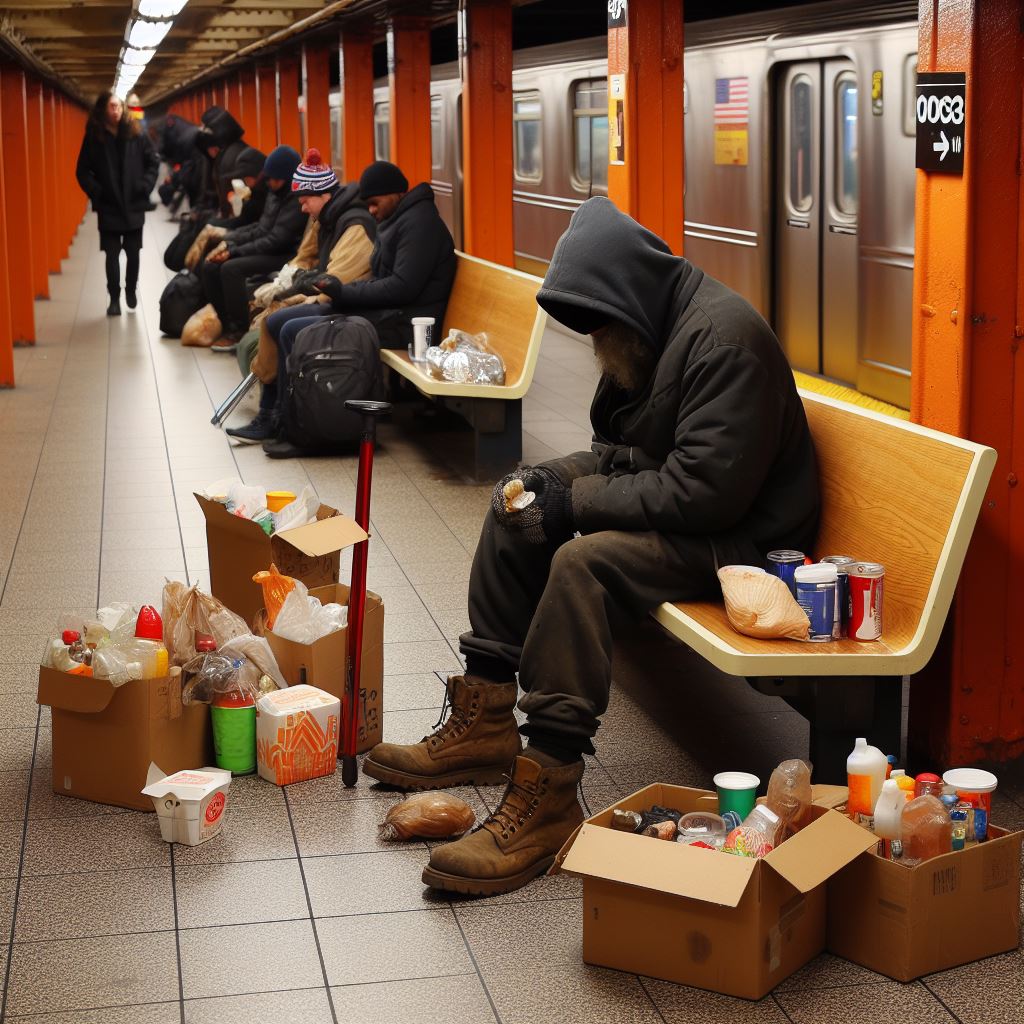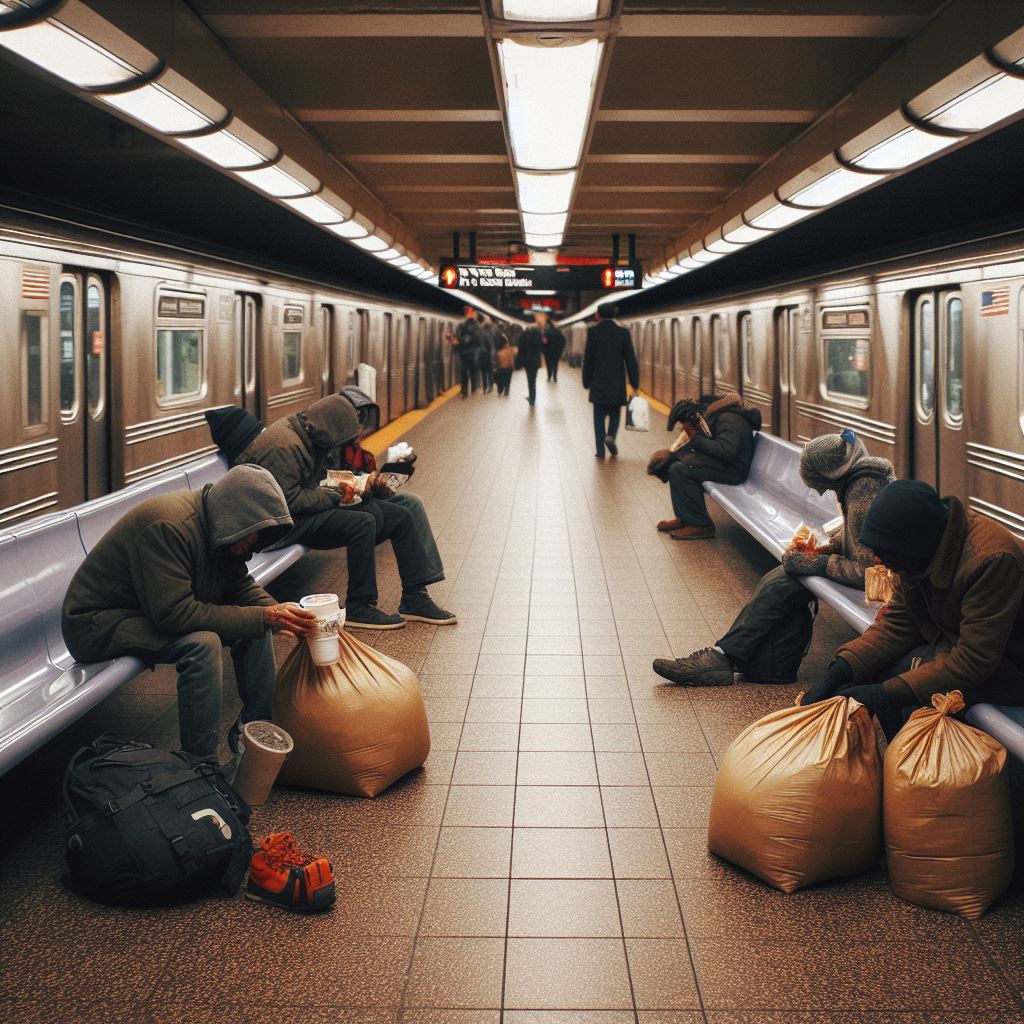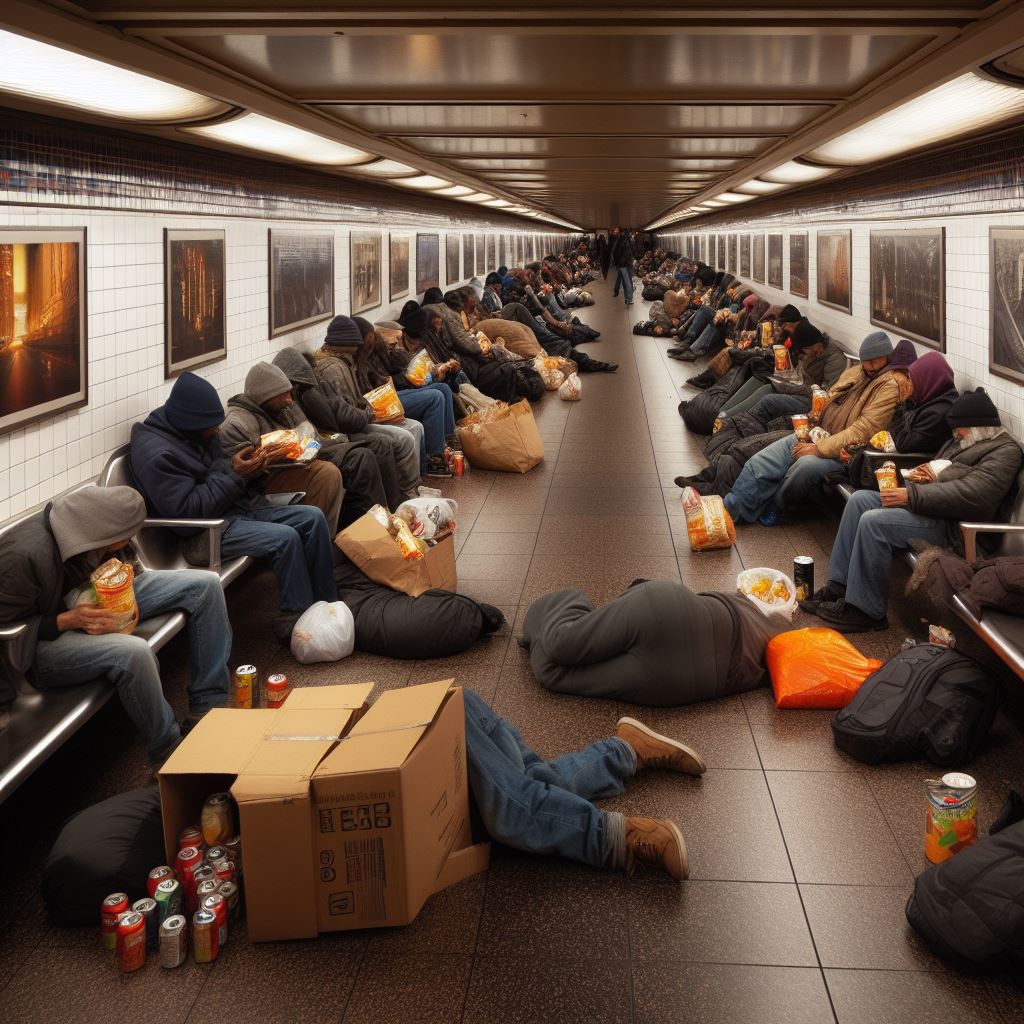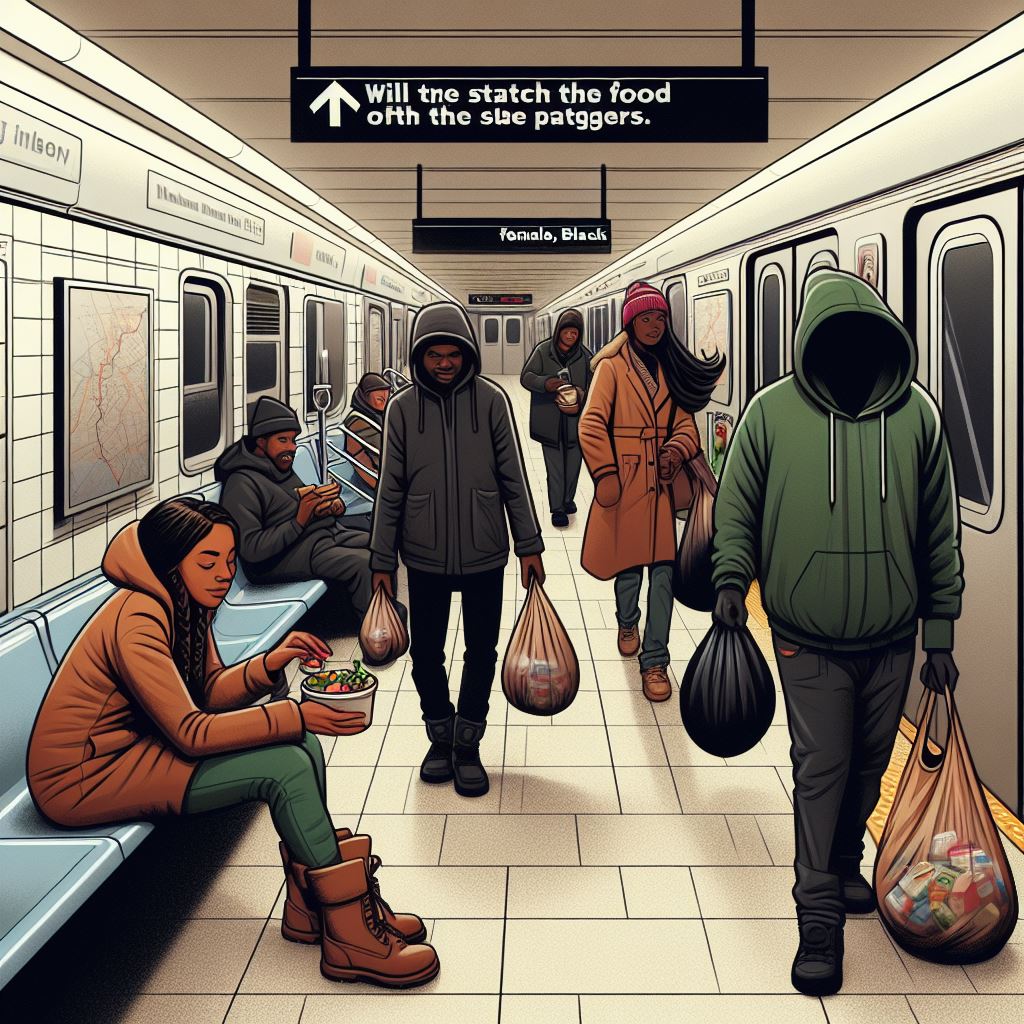美國流浪漢的問題日趨嚴重。
由於經濟不景氣和物價上漲,美國出現許多流浪漢,部分住在地鐵站內,長年衣不蔽體,還會搶奪乘客的食物,在車廂內洗澡。這些流浪漢對社會造成的影響如下:
公共衛生問題:流浪漢常缺乏基本的衛生設施,會在公共場所如街道、公園和地鐵站等處露宿,這些地方的衛生狀況可能因此惡化,增加傳染病的風險。流浪漢社群中常見的健康問題如精神疾病、藥物濫用和慢性疾病,這些問題得不到及時的治療,會對社區健康造成威脅。
經濟成本增加:當地政府需要投入更多的資金來提供庇護所、緊急醫療服務和公共衛生設施,這些服務的成本會顯著增加。流浪漢問題還會影響到旅遊和商業活動,因為這些問題會使一些地區變得不受歡迎,從而影響當地經濟。
社會治安問題:流浪漢有時會參與小型犯罪,如偷竊和破壞財物,這些行為會增加社區的治安壓力。由於缺乏穩定的住所和收入,流浪漢有時會參與非法活動,如販毒或乞討,這些活動會進一步加劇社會治安問題。
對城市基礎設施的壓力:流浪漢通常會使用公共設施如圖書館、公共廁所和公園,這些設施會因過度使用而面臨壓力和損壞。市政當局需要額外的人力和資源來維護這些設施,確保它們對所有市民開放和安全。
心理和社會影響:流浪漢問題會影響社區居民的心理安全感,許多人會對自己的安全感到擔憂,這會降低居民的生活質量。流浪漢常面臨社會排斥和歧視,這會加劇他們的心理健康問題,形成惡性循環,使他們更難以脫離困境。
兒童和家庭的影響:流浪家庭的兒童常無法穩定上學,這會影響他們的教育和未來發展。生活在不穩定和危險環境中的兒童會面臨更高的心理壓力和健康風險,這會對他們的身心發展造成長期的負面影響。
解決流浪漢問題需要多方合作,包括政府、非營利組織和社區的共同努力,通過提供更多的經濟支持、就業機會和社會服務,來幫助流浪漢重新融入社會,改善他們的生活質量。
Due to the economic downturn and rising prices, many homeless people have appeared in the United States. Some live in subway stations, wearing tattered clothes for years, sometimes stealing food from passengers and even bathing in the train cars. The impact of these homeless individuals on society is as follows:
Public Health Issues
Homeless people often lack basic hygiene facilities and may sleep in public places such as streets, parks, and subway stations. This can deteriorate the sanitary conditions of these areas, increasing the risk of infectious diseases. Common health issues among the homeless, such as mental illness, substance abuse, and chronic diseases, are often left untreated, posing a threat to community health.
Increased Economic Costs
Local governments need to invest more funds to provide shelters, emergency medical services, and public sanitation facilities. The costs of these services can increase significantly. The homeless issue also affects tourism and commercial activities, as it can make certain areas less attractive, impacting the local economy.
Social Security Issues
Homeless individuals sometimes engage in minor crimes, such as theft and property damage, which increases the pressure on community security. Due to the lack of stable housing and income, some homeless people may participate in illegal activities such as drug trafficking or begging, further exacerbating social security problems.
Pressure on Urban Infrastructure
Homeless people often use public facilities such as libraries, public restrooms, and parks, which can become overused and damaged. Municipal authorities need extra manpower and resources to maintain these facilities, ensuring they are open and safe for all citizens.
Psychological and Social Impact
The homeless issue affects the psychological sense of security among community residents. Many people may feel worried about their safety, lowering their quality of life. Homeless individuals often face social exclusion and discrimination, which exacerbates their mental health issues, creating a vicious cycle that makes it harder for them to escape their predicament.
Impact on Children and Families
Children from homeless families often cannot attend school regularly, affecting their education and future development. Living in unstable and dangerous environments exposes these children to higher psychological stress and health risks, which can have long-term negative effects on their physical and mental development.
Addressing the homelessness problem requires multi-faceted cooperation, including efforts from the government, non-profit organizations, and the community. By providing more economic support, employment opportunities, and social services, we can help homeless individuals reintegrate into society and improve their quality of life.




照片:DALLE3
- 1
- 2
- 3
- 4
